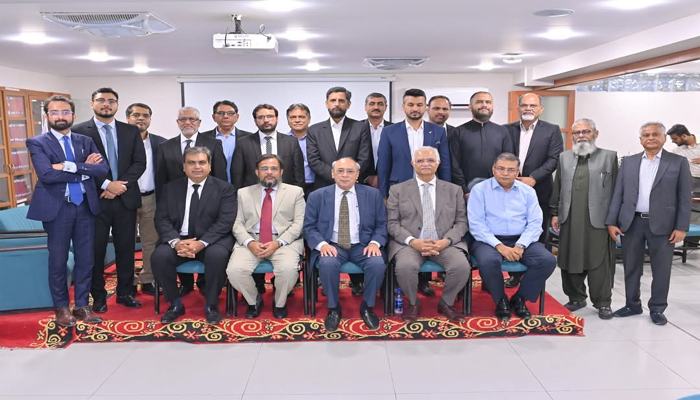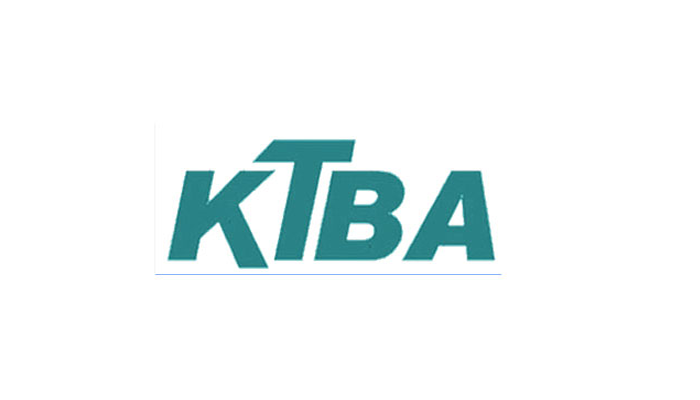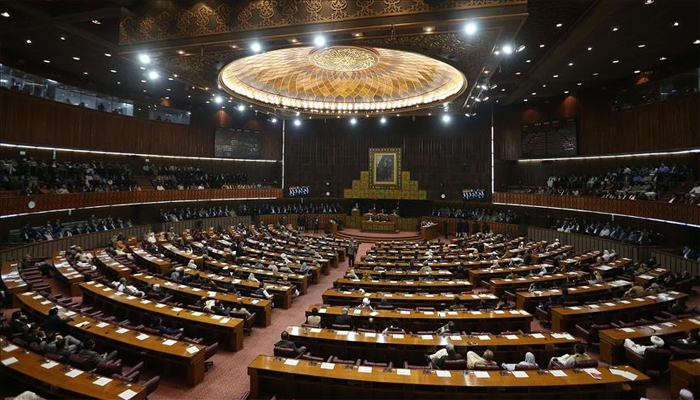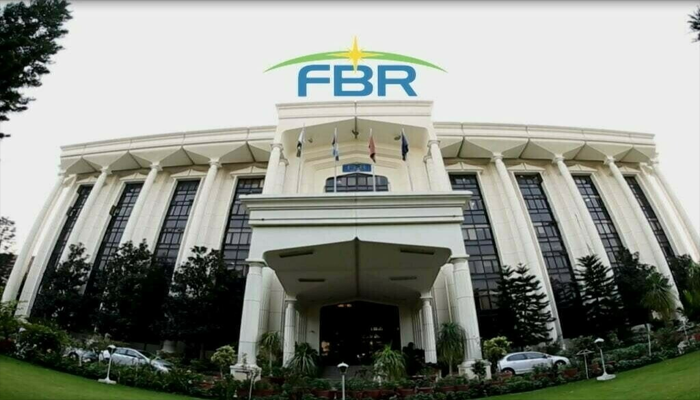ISLAMABAD: Following the failure of the Tajir Dost scheme, which generated just Rs3–4 million compared to Rs437 billion paid by salaried individuals, tax advisory firm Tola Associates has proposed a 1% minimum income tax on traders to enhance revenue collection.
The firm submitted its recommendations to Deputy Prime Minister Ishaq Dar and Finance Minister Muhammad Aurangzeb, also advising against further rupee devaluation and tighter control over cash transactions.
Key proposals include abolishing the Tajir Dost scheme, limiting cash transactions at retail and food outlets to Rs10,000, and enforcing electronic payments. The firm urged the Federal Board of Revenue (FBR) to mandate stricter compliance, although it acknowledged the FBR's limited enforcement capacity.
Tola Associates also recommended a minimum 1% tax on traders, collected via withholding tax clauses 236G and 236H. However, the government is unlikely to adopt this politically sensitive suggestion ahead of the budget.
On the macroeconomic front, the firm discouraged further rupee depreciation and suggested policy changes to reduce non-essential imports, promote domestic manufacturing, and support energy independence. Based on a 0.5% current account deficit, the exchange rate should stabilize at Rs276 per dollar, it said. However, it warned the rupee could weaken to Rs290–295, pushing inflation up by 3%.
To support industrial growth, Tola proposed reducing interest rates to single digits and launching zero-markup loan schemes for manufacturing sectors, especially textiles, engineering, and pharmaceuticals.
It also expressed concern over the FBR’s ability to meet its Rs14.1 trillion tax target for FY2025-26, estimating actual collection around Rs13.5 trillion. For the current year, it expects Rs11.9 trillion, potentially rising to Rs12.1 trillion if super tax litigation ends in the government’s favor.
Tola further recommended taxing undistributed company reserves and updating the residency definition for tax purposes. It proposed classifying individuals based on presence, income, and tax status abroad to reflect true economic ties to Pakistan.
The firm concluded that the upcoming budget offers a critical opportunity for structural reforms and long-term economic stability.









